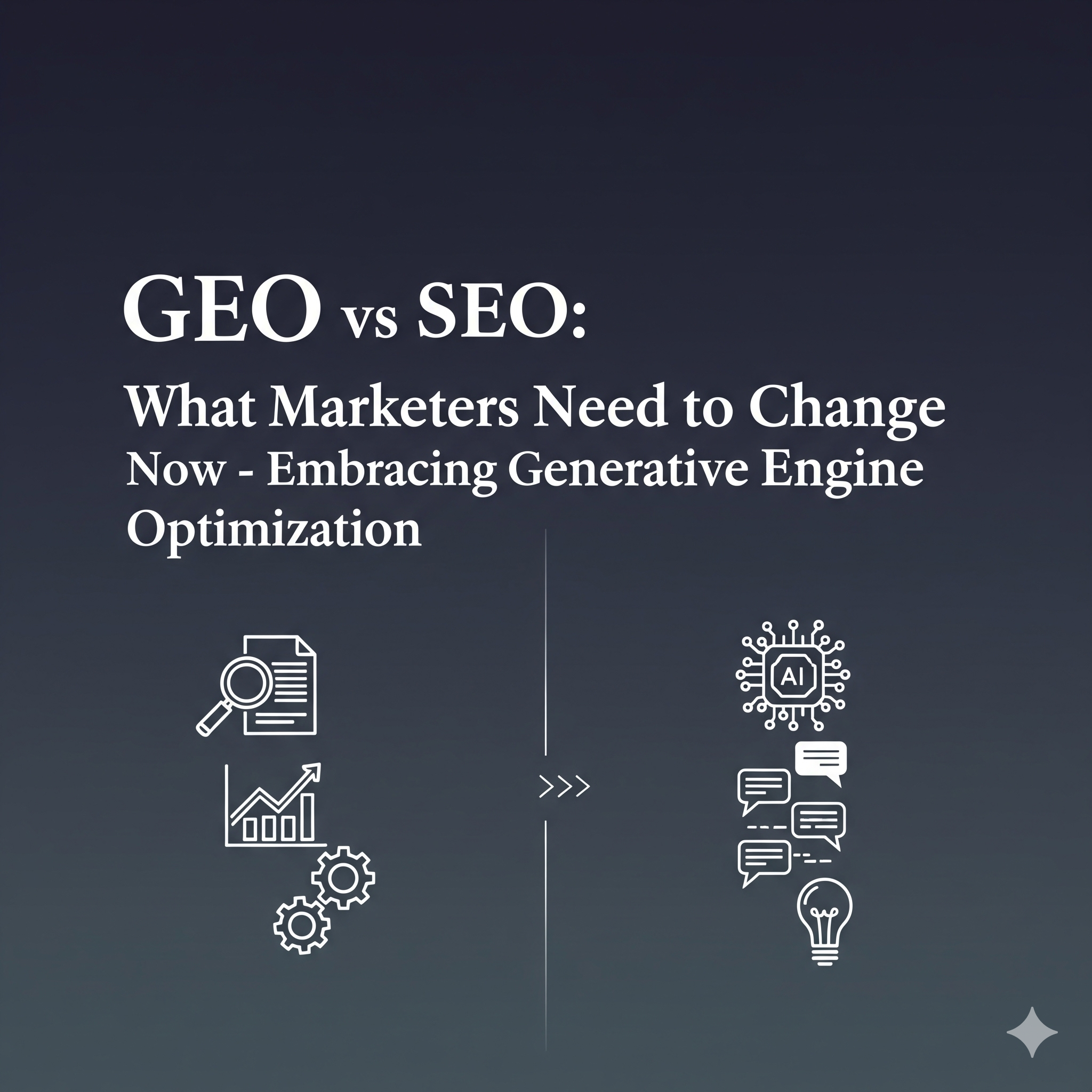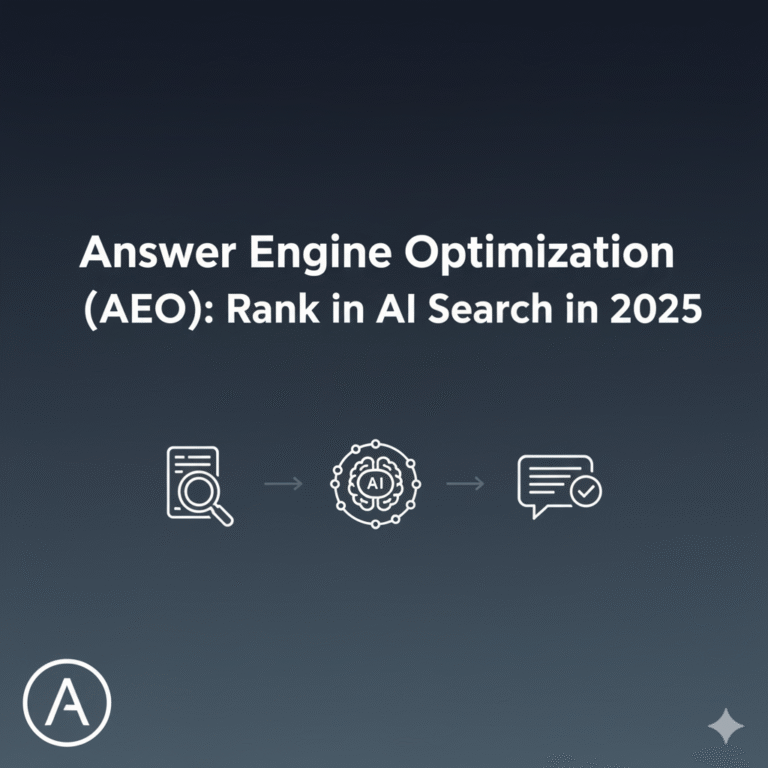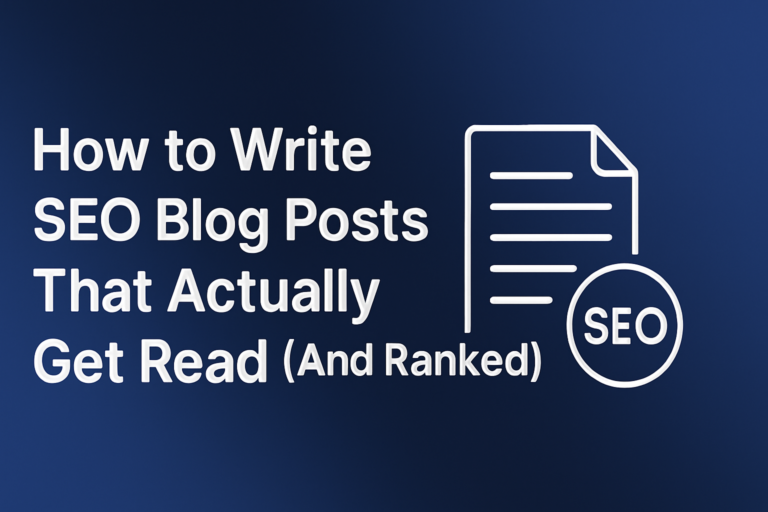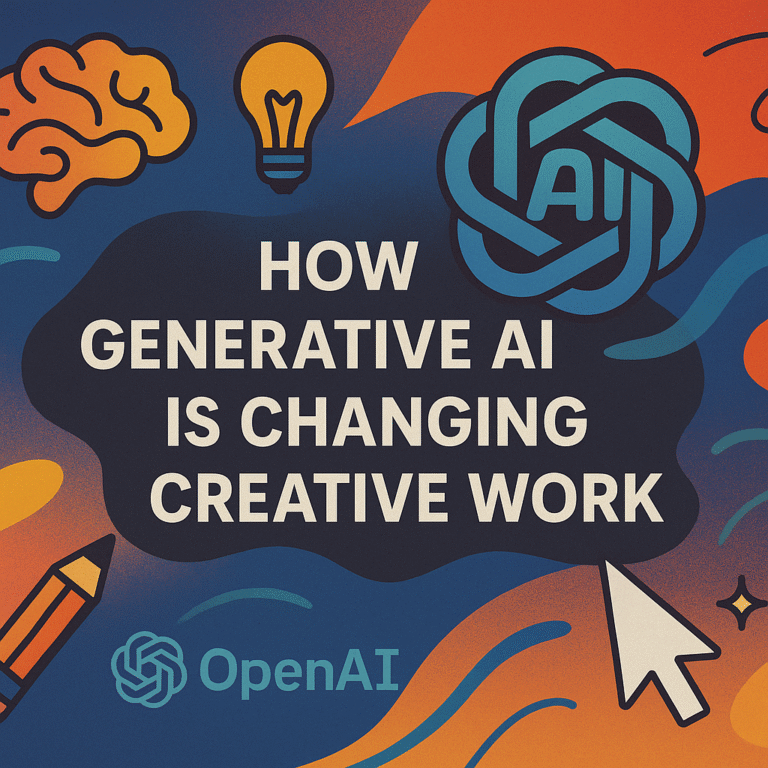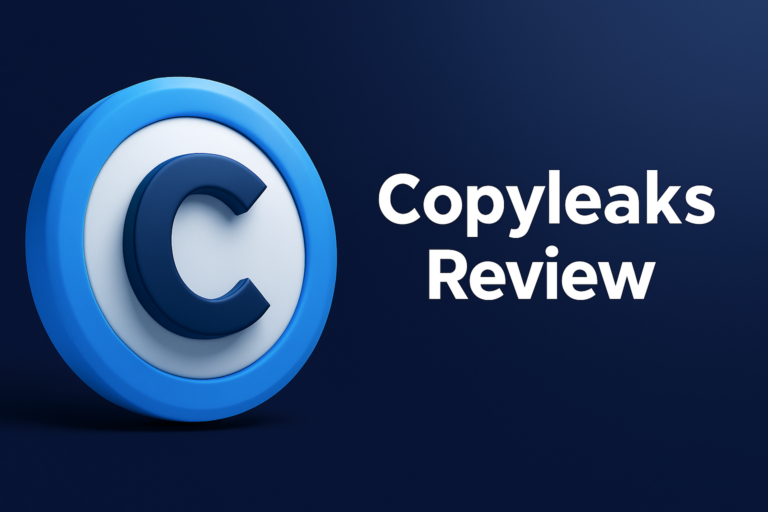GEO vs SEO: What Marketers Need to Change Now – Embracing Generative Engine Optimization
Think about fixing your marketing plan, only to find the playbook has shifted again. That’s what’s happening as search moves from keyword-focused SEO to new rules set by AI and generative tools. Marketers often see traffic drop from classic search and wonder if this shift is hype or real. Ignoring these changes feels risky because your brand might miss where people now search. If you want clear, practical tips to boost visibility and trust—whether users click links or talk to chatbots—keep reading. You’ll walk away knowing what to do next to compete in both old and new search.
What Is Generative Engine Optimization (GEO) and How Is It Different from SEO?
GEO, or generative engine optimization, moves your goal from ranking for keywords to being the answer cited by AI search tools. With old SEO, you picked good keywords and got backlinks. With GEO, you build content that AI pulls into summaries and chatbot responses. AI tools scan for trusted brands, clear connections, and signals of authority. GEO means making sure your content gets cited in these answers. Marketers who create entity-based content hubs or use structured data see more visibility in AI results. GEO is not a buzzword—it’s a set of real steps to stay relevant as search changes.
The Key Components of a Winning GEO Strategy
To build a strong GEO plan, focus on how AI “sees” your content. It’s more than keywords. It’s about brand mentions, location details, and linked content hubs. Structured data like FAQ schema helps machines read and show your content in answers. Create topic clusters covering each subject deeply. Link related pages and use trusted citations. This makes your brand a reliable source in AI and regular search.
As AI pulls content from many places, having mentions across respected sites builds authority. GEO also means tracking where your content gets referenced, making changes when AI includes your info, and ensuring each hub page is useful to people and machines. Don’t chase algorithms—build an ecosystem of answers that everyone can trust.
Why Marketers Must Integrate AI Tools and Chatbot Citations Now
If you skip AI tools and chatbot citations, you miss a big chunk of how search works today. Chatbot citations show where AI engines find their answers, so tracking these tells you if your brand gets seen where users go.
Marketers using ChatGPT to test reach or tracking “Perplexity visibility” often see more trust and better placement. Teams that get cited in chatbot responses see more traffic and engagement from new sources. Treat chatbot mentions like reviews—monitor them, optimize your content, and respond to help your digital footprint grow. Edit your content for clarity, authority, and link to other trusted sources. Each move strengthens your presence in classic and AI-driven search.
Practical Steps for Switching from SEO to GEO (Without Losing Rank)
Start with a clear audit. List your top pages and spot which ones are true authority hubs versus isolated or weak. Update key pages with structured data such as product or FAQ schema. Focus on entity-based topics instead of plain keywords.
Refine content clusters so each main topic is backed by related subpages answering real questions. Add internal links and trusted external citations or brand mentions to your hub pages. Use AI tools to see if your content pops up in chatbot answers or AI overviews. Track citation frequency, brand mentions, and rich result visibility—not just rankings. Improve based on data and repeat until your brand shows up in both kinds of search.
Addressing Concerns: Buzzwords, Fear, and Proof
It’s normal to feel wary about GEO. Many marketers worry new terms mean losing hard-won rankings or chasing hype. The good news? GEO builds on SEO. Adding structured data, building content hubs, and focusing on entities keep your site in classic search—and bring new traffic from AI engines. Case studies show brands with these tactics maintain or even raise search positions. Over time, your site appears in more direct answers and AI features, showing that GEO works beyond the buzz.
Building Authority and Trust in the AI Search Era
Trust and authority now go beyond ranking. In an AI-driven world, you must show clear expertise and experience. Using Google’s EEAT (Experience, Expertise, Authority, Trust) principles, update pages with expert quotes, testimonials, and fresh reviews. Link to reputable sources and create helpful content hubs for each topic.
Track which pages get cited by chatbots or in AI summaries. Update those pages to answer more related questions. This way, both people and AI see your site as a source worth referencing. Over time, this approach builds higher trust, stronger positioning, and a bigger brand presence in both classic and AI search.
Visual Framework: How GEO and SEO Work Together
Picture an infographic with classic SEO—on-page tweaks, user experience, and link building—overlapping GEO tactics like content hubs, structured data, and chatbot citations. Arrows connect content hubs to AI overviews and standard SERPs. This shows how classic strategies form the base, while GEO ensures your content gets referenced and seen in AI-driven spaces too. Include icons for each part, so it’s clear how the two now work together for better reach and authority.
Actionable Next Steps and Checklist
- Audit landing pages for entity-based content and structured data like FAQ or product markup.
- Build or refine at least one topic hub and link it to related subpages.
- Add citations and mentions from industry news, forums, or respected sources.
- Track how often your brand is referenced in ChatGPT, Perplexity, and AI tools; update content to boost visibility.
- Test core pages by searching your brand or topics in chatbots; check for rich results and direct answers.
- Set up alerts for changes in AI citations or chatbot mentions and share updates with your team to act fast on what works.
Final Thoughts: Winning in the GEO Era
GEO vs SEO isn’t a fight. They work together. Using both means you reach more people, earn trust, and secure your spot in the new digital world. Marketers who adapt fast and build for both classic and AI search will lead. Now is the time to update your plan with proven, practical steps—so your visibility and authority keep growing as search evolves. Want to move ahead? Review your site, build strong content hubs, track AI citations, and adjust your strategy to stay on top.

